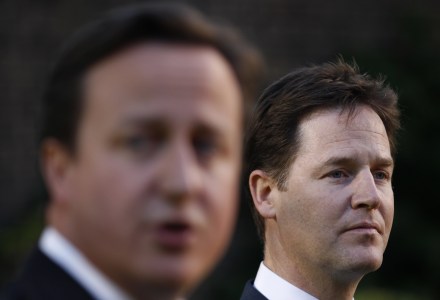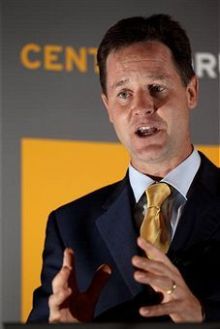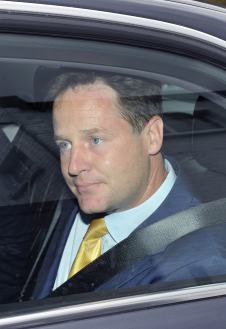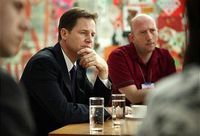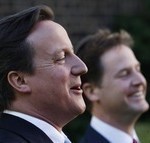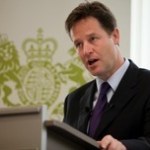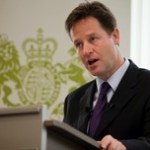Clegg leads the fightback
On Monday, I wrote that the question of whether the Budget is fair or not will “pursue the coalition more doggedly than any other”. Yesterday, we saw just how dogged that pursuit will be. But there’s no need for the coalition to panic as Mark Hoban did on the Today Programme yesterday. Instead, with policies from welfare reform to low taxes for low-income earners, they have built a firm redoubt from which to stage a counterattack. They can put the chase to their opponents. It is encouraging to see Nick Clegg do just that with an effective article in the FT today. He was bluntly dismissive of the IFS report
